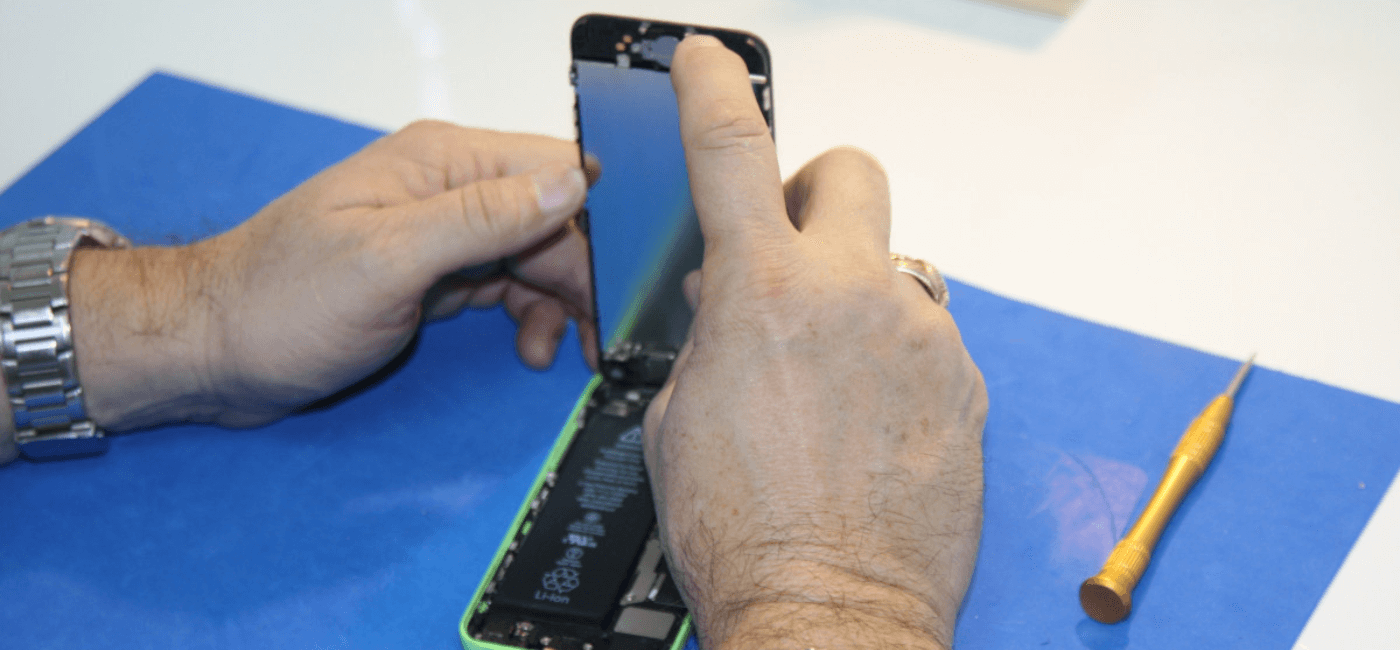Little information is available on treatment options for persons addicted to any club drug, including GHB. Some users of GHB are not physically dependent upon it, and can be treated and informed on an outpatient basis. Chronic use may result in severe withdrawal symptoms upon detoxification, and close medical supervision and supportive care is required for these patients. Hospitalization may range from 7 to 14 days.
Withdrawal effects are reported as severe and patients may attempt to self-detoxify using benzodiazepines or alcohol. Using these additional substances may worsen withdrawal, and lead to respiratory depression, coma and death. Medications such as benzodiazepines, antihypertensive medications, and/or anticonvulsants may be needed during detoxification, but only under medical supervision.
Baclofen has been noted in a case report as a possible treatment for GHB withdrawal. This is not a current FDA-approved treatment use. Baclofen is a GABAB agonist, as is GHB. Baclofen can occupy GABAB receptor sites, replacing GHB, while GHB withdrawal takes place. In the case report, the addition of baclofen allowed the rapid decreases in the GHB dose without seizure or delirium and resulted in long-term improvement of tremors.
Amnesia or memory loss is a complication of treatment that may result in relapse, with the patient returning to GHB use, unaware of the consequences of GHB addiction. Continued patient education is necessary to overcome this adverse effect.
